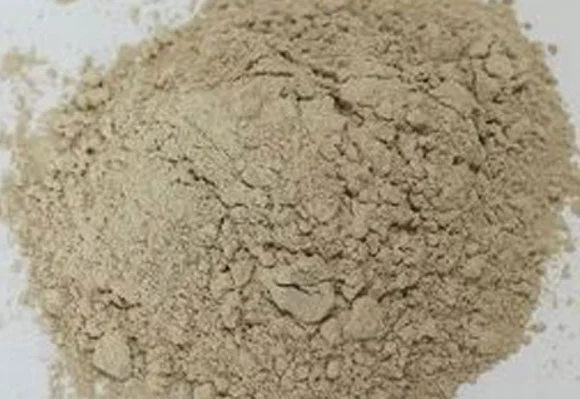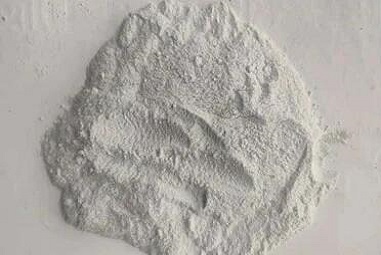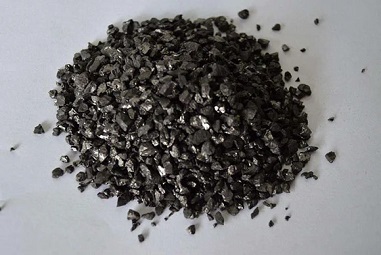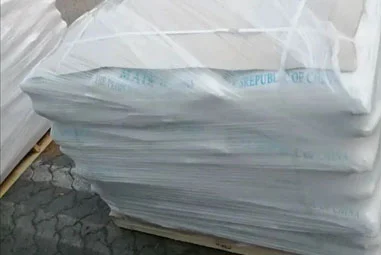
Bentonite is a naturally occurring material found in volcanic areas. It has many uses in both food and non-food applications. It is used to make mud bricks for building and as an ingredient in many household and commercial cleaning products. It is also known to be effective at reducing and removing heavy metals from water. Its ability to absorb oil and impurities makes it a useful ingredient in skincare products. However, it is important to note that not all types of bentonite are safe for human consumption and should be avoided by people with certain health conditions. It is recommended that individuals seek out a healthcare professional to ensure they are using safe types and amounts of bentonite and to discuss alternative treatment options.
Bentonite acts as a binder to hold other materials in suspension, such as particles in paints and inks, or in a liquid like wine. It does so by creating opposite electrolytic charges on the surface and edges of the particle that bind to the particles around it. This creates a house-of-cards structure that can be disrupted by shear stress, but the particles quickly re-establish their shape and structure when the stress is removed. This is the reason it is so useful in making thickening agents and slurries, such as in paper processing (to keep odour and stickies under control), in construction and engineering (to line earth structures and waste deposits and for the sealing of lakes), and in iron ore pelletizing.
In winemaking, bentonite fining removes proteins and other haze causing particles through absorption, leaving the wine clear and stable. It is also helpful in reducing tannins, particularly in high-tannin grape varieties like Cabernet Sauvignon. It can be combined with cold stabilization or with potassium bitartrate crystals to improve compaction rates.
Sodium and calcium bentonites are the most common types of bentonite available. Sodium bentonites are better at protein binding and have a higher swelling capacity, allowing them to be fined more quickly. They are also more efficient at preventing water permeability, meaning that less bentonite is needed to achieve stability.
Calcium bentonites are slower to swell and have lower protein binding capacities. They are more likely to be contaminated with silica, which can interfere with the odour control and water retention properties of bentonite.
Several studies have reported that bentonite clay can help with various ailments, including digestive problems and inflammation. For example, one 2022 case study reports that a combination of bentonite, probiotics, and black seed oil helped treat Clostridium difficile (C. diff) symptoms in a 2 year old child. The bentonite and black seed oil bonded to the toxin and neutralized it in the child's gut. The bentonite and black seed combination is also being used in animal feed to treat C. diff in livestock. However, more research is needed to confirm these claims and whether or not bentonite can have similar effects in humans.


